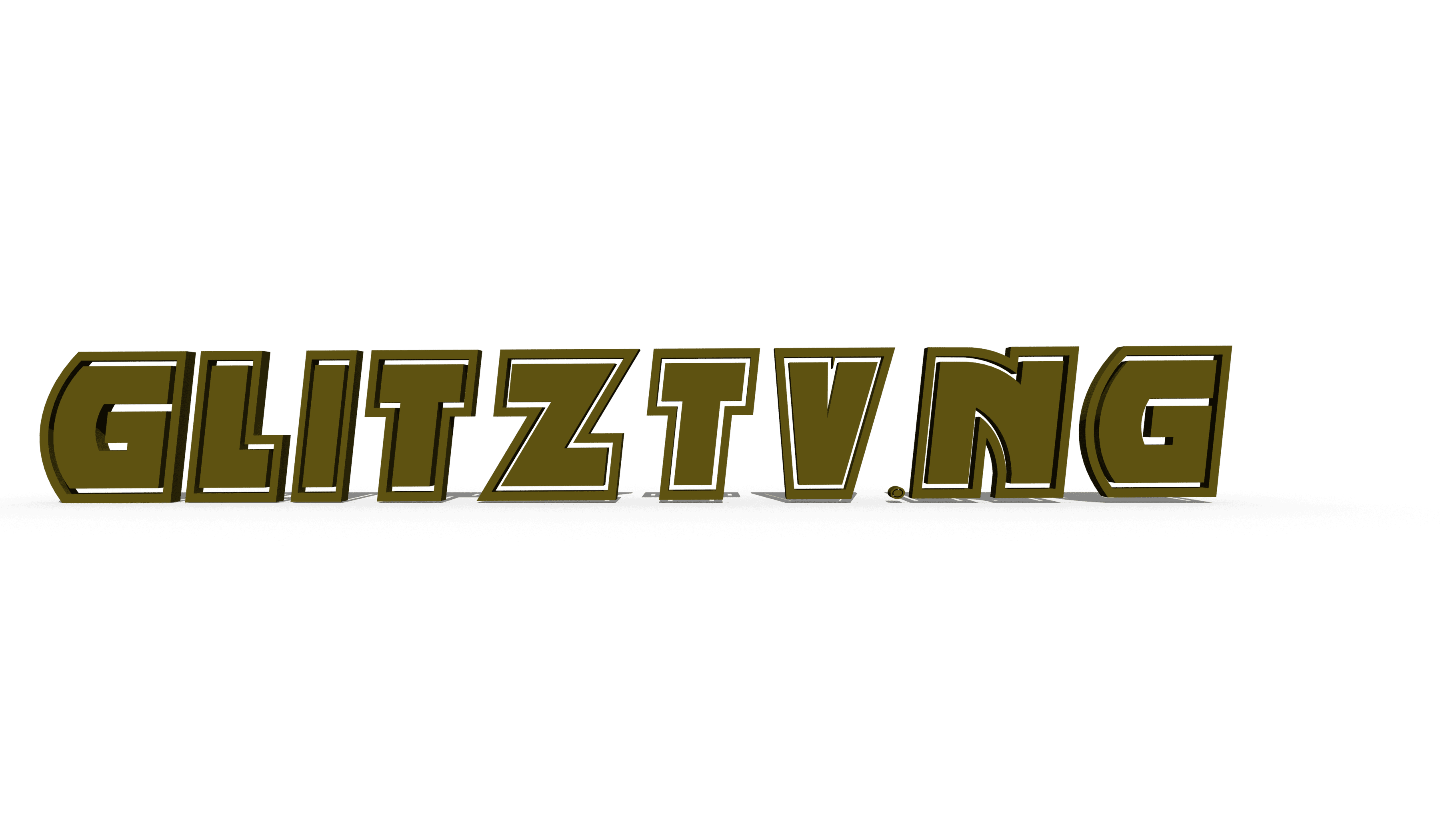Drinking Tea Daily May Help Slow Down Biological Aging and Extend Lifespan, Study
Recent research conducted by experts at Sichuan University in Chengdu, China, has revealed that drinking tea every day may delay biological aging and potentially extend lifespan. The study, which analyzed data from over 13,000 participants, suggests that regular tea consumption could offer noticeable anti-aging benefits.
The research, published in The Lancet Regional Health – Western Pacific journal, involved two cohorts: 5,998 British individuals aged between 37 and 73, and 7,931 Chinese participants aged 30 to 79. These participants provided detailed information about their tea drinking habits, including the type of tea they preferred and the average number of cups they consumed each day.
The study examined various markers of aging, such as blood pressure, cholesterol levels, and body fat percentage, to determine the participants’ biological age. The findings indicated that individuals who regularly drank tea displayed signs of slower biological aging compared to non-tea drinkers.
The study suggested that consuming approximately three cups of tea or six to eight grams of tea leaves per day could provide the most noticeable anti-aging benefits. The researchers attributed these positive effects to the presence of polyphenols, which are the primary bioactive compounds found in tea. These polyphenols are believed to significantly influence gut microbiota, potentially impacting age-related changes in immunity, metabolism, and cognitive function.
However, the study did have certain limitations. For instance, it did not account for the size of the tea cups used by participants. Furthermore, as an observational study, it could not definitively establish a cause-and-effect relationship between tea consumption and the slowdown of biological aging.
In the United Kingdom, where tea consumption amounts to approximately 100 million cups per day, there has been a noticeable decline in demand, particularly among younger individuals, due to the increasing popularity of coffee. However, this research highlights the potential health benefits associated with regular tea drinking, particularly in terms of aging and longevity.
Tea, derived from the Camellia sinensis plant, comes in various types such as green, black, yellow, and oolong. While the study did not delve into the specific types of tea, it found no substantial differences between the benefits of black tea and green tea.
While further research is needed to fully understand the mechanisms behind these findings, the study provides valuable insights into the potential anti-aging properties of tea. Incorporating tea into a daily routine may prove to be a simple and enjoyable way to support overall well-being and potentially slow down the biological aging process.
As tea continues to be a cherished beverage worldwide, this research serves as a reminder of the potential health benefits it offers.






